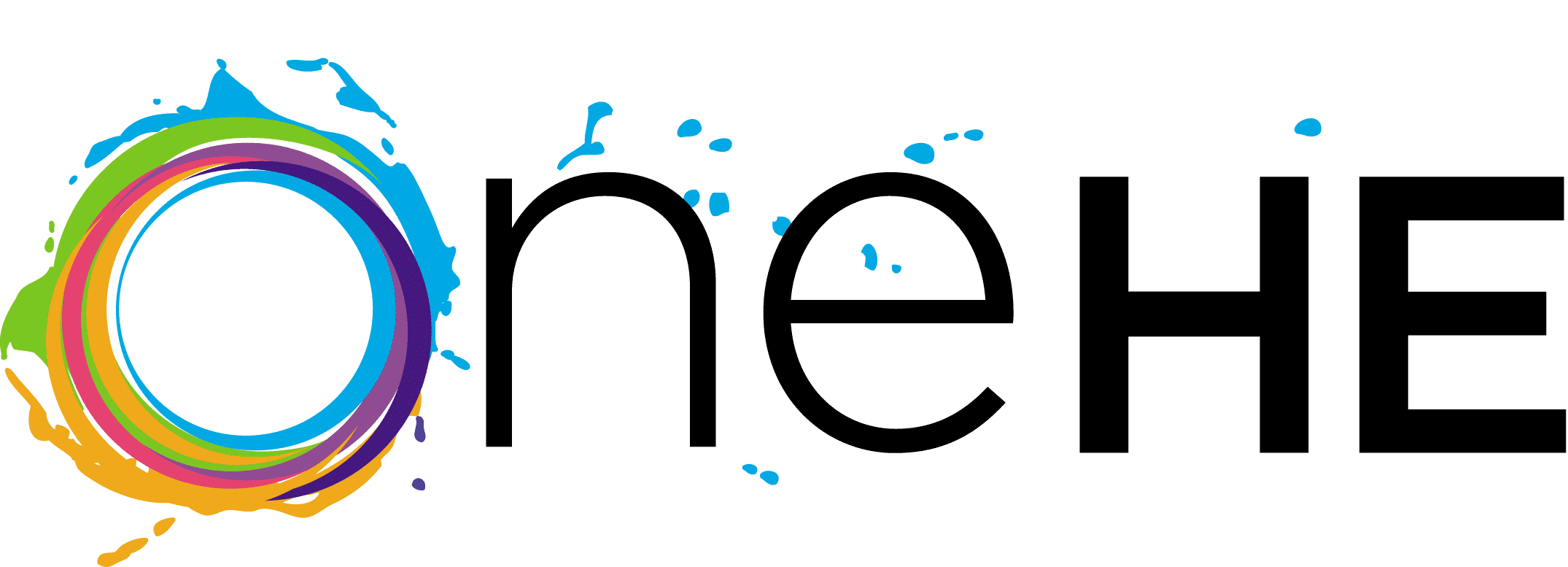Lesson 1 of 0
In Progress
A menu of possibilities for First Year Experience programmes
An engaging First Year Experience programme features several key components. The following are a selection of those most commonly incorporated:Â
- A social welcome. Early in your First Year Experience programme, provide a structured opportunity for students to get to know one another. Use one of the many strategies recommended by our Equity Unbound experts, or your own favourite icebreakers.Â
- Spaces on campus. Include a real or virtual tour of the essential places on campus where your students can study, learn, and find help.Â
- Connection to resources. Incorporate presentations, in-person or virtual, from key offices financial aid, counselling and psychological services, career planning, learning support (coaching and/or tutoring), and any other office that particularly supports students transitioning to university or college.Â
- Engaging curriculum. Whether you use a hard copy or electronic textbook, a selection of readings, or a curriculum your institution has developed, use content that helps students connect to others, build their self-knowledge and self-worth, and develop active learning skills.Â
- Student Agency. Find ways to have students discuss and share what they need, solve real-life problems together, and lead discussions and activities on topics they find relevant. Increased agency means increased buy-in to the programme and its benefits.Â
- Practical focus. Include practical tools that help students manage self and time more effectively, build study skills and strategies, communicate effectively, and manage the workload.Â
- Culture of college. Help students understand how college works, including the logistics of registration and academic functioning, the value of soliciting help from faculty and staff, and the terminology of college life.Â
- Connection with others. Following the initial social welcome, continue to include opportunities for students to build deeper relationships with one another, with you, and with other faculty and staff.Â
- Support for future vision. Build in ways for students to connect what they are studying now with what they want to do in the future. Help them solicit information on different majors and minors, assistance from academic advising, and support and services from career counsellors who can help them develop a career vision and pursue jobs that fit into that vision.Â
DISCUSSION
Do you have additional sources on the First Year Experience that you would recommend to colleagues?
Please share your thoughts and questions in the comments section below.


Discussions
Please share your thoughts and questions in the comments section below.